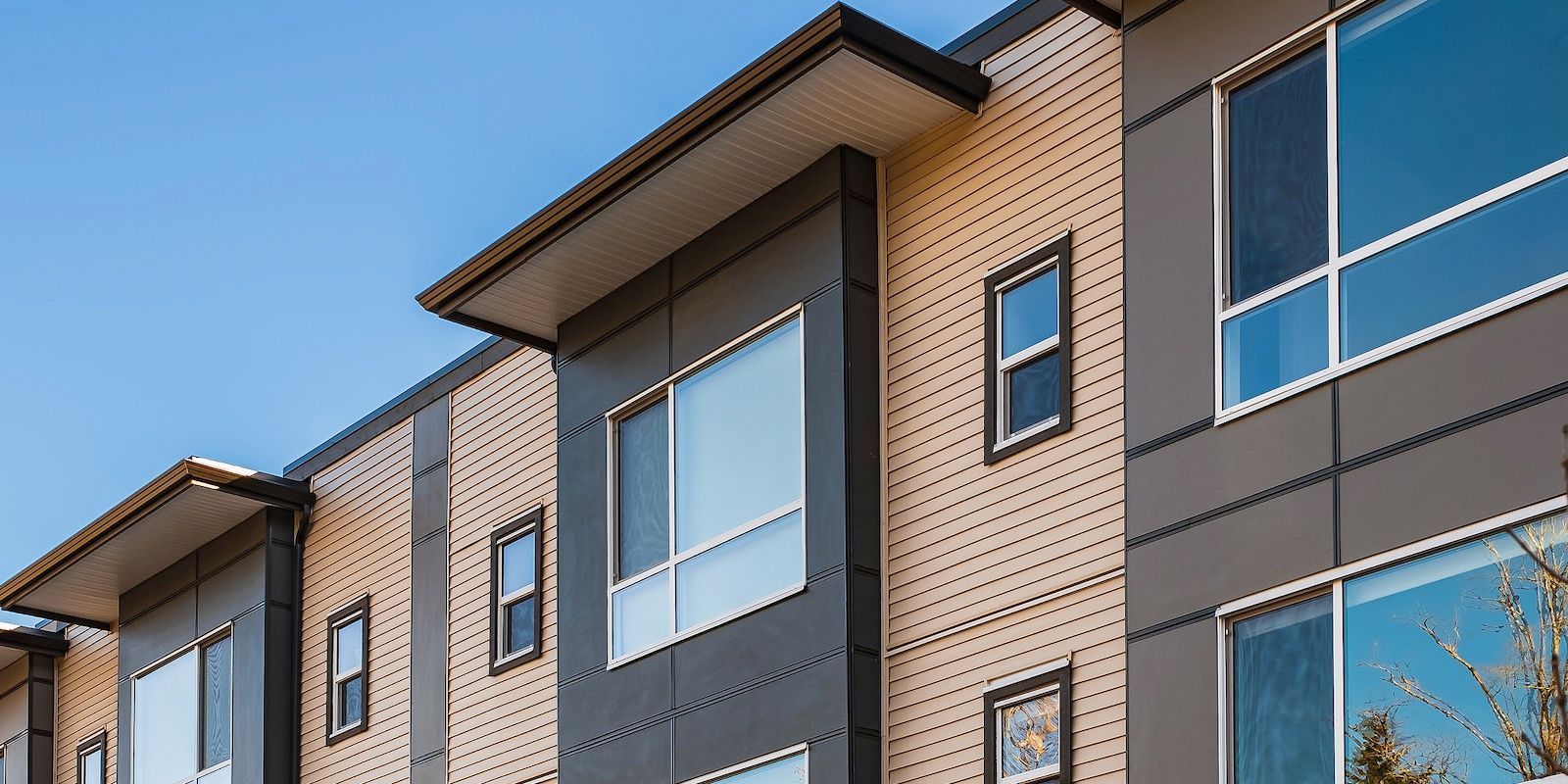An Introduction to “Smart” Technology | Smart Home Series
Welcome to the introduction article of a 3 part series focusing on smart technology with a focus on smart homes. Expect part 2 in a week and part 3 a week after that. 3 parts, 3 weeks, simple as that.
We all need some sort of “down time” in our lives; time to unwind and reflect. And though most of us are required to put in a hard day’s work, when the clock signals the end of the work day, the vast majority of us are looking for any and all ways to work less, think less, and relax more. Enter “smart” technology; that which is designed to do much of the working and thinking for us, so that we don’t have to spend our valuable personal time trudging through unnecessary exertion hoops.
The term “smart” has popped up in a few different places over the last number of years. Let’s look, very briefly, at four such examples:
The “Smart” Phone
Perhaps the greatest innovation of the last thirty years, these handheld devices have completely transformed the way that our world communicates, shrinking our once endless land and seascape into a global playground. Not to mention, they’re great for browsing Instagram, Facebook, or Pinterest. What’s crazy is the kids of the future will never know life without one!
The “Smart” Car
Not to be confused with the (tiny) vehicle of the same name, smart car technology has progressed rather slowly. Yes, many current models include such features as: voice activated climate control, touch screen GPS, park assist, and backing cameras, but it’s been less “Back To The Future” style advancements, and more gimmicky overpriced gadgets. Truthfully, we’re all still waiting for the electric/self-driving Google or Apple car, both of which may or may not be very far off.
“Smart” Internet Monitoring Technology
Yes, internet monitoring is a big topic (too big for this post), but if you want to talk about “smart” then look no further than the tracking/analytics programs utilized by any and all of the top online brass. Ever wonder how targeted ads show up on your Facebook wall? Well, to put it in layman’s terms, your computer is learning (or perhaps more aptly, people inside of your computer are tracking you). Is this incredibly convenient, or is this incredibly terrifying? Most definitely, both. There is no doubt that Amazon knows more about you than you do!
The “Smart” Television
Smart TV’s are essentially a hybrid of television and computer/internet technology. So, in addition to spending hours channel surfing, you can stream content “on demand”, you can go down the YouTube rabbit trail, or you can binge on the latest Netflix offering. So there’s that.
Enter the most recent trend on the “smart” block:
The “Smart” Home
It should be mentioned, at this point, that when we say “smart” home, we’re not talking about artificial intelligence (although this sort of Terminator style technology is, no doubt, being developed within the hallowed halls of Google, Apple and Samsung). Rather, what we’re talking about is automation. We’re talking about a home that’s wired to respond to your commands through various means, including simple voice controls, as well as easily downloaded applications (the second of which will be our main focus, here).
The end result?
*Advanced security/ease of mind
*Energy savings,
*Convenience
*Fun!
Advanced Security/Ease of Mind
Home automation allows for doors and windows to be locked remotely. It allows for security systems to be activated from outside the home. And it allows for “up to the minute” monitoring from any connected device. These functions (and more) help to provide ease of mind to the consumer.
Energy Savings
How often have you left your home, only to get twenty minutes down the road before thinking, “Did I leave the hall lights on?” In a previous age, you would either turn around, making a thirty minute trip into a seventy-five minute trip, or continue on, trying to forget about the possibility that you left the lights on, or the heater, or the television, or the coffee maker. With smart home technology however, this worry is needless; an artifact from the not so distant past. Control all of your lights, dimmers, switches, appliances and amenities with the simplicity of the touch screen on your smart phone. It’s truly that easy.
Convenience
All of this is downright convenient! Need proof? See the above paragraph.
Fun!
This technology is also fun! Who wouldn’t want to be able to control their home remotely, with the touch of a digital button?! The future is here, people!
We’ll get into some of the wildly interesting, room by room specifics in the next blog post. For now, keep in mind that: first comes home ownership, then comes home customizing! So, if you’re considering the purchase of a new (or a new to you) home, contact me anytime!
Let me walk you through the process with you. You won’t be disappointed!
Recent Posts



Contact Me Anytime!
The best way to get ahold of me is to submit through the contact form below. However feel free to give me a shout on the phone as well.
Contact Us
We will get back to you as soon as possible.
Please try again later.
Luisa Hough. All Rights Reserved Privacy and Content Notice






